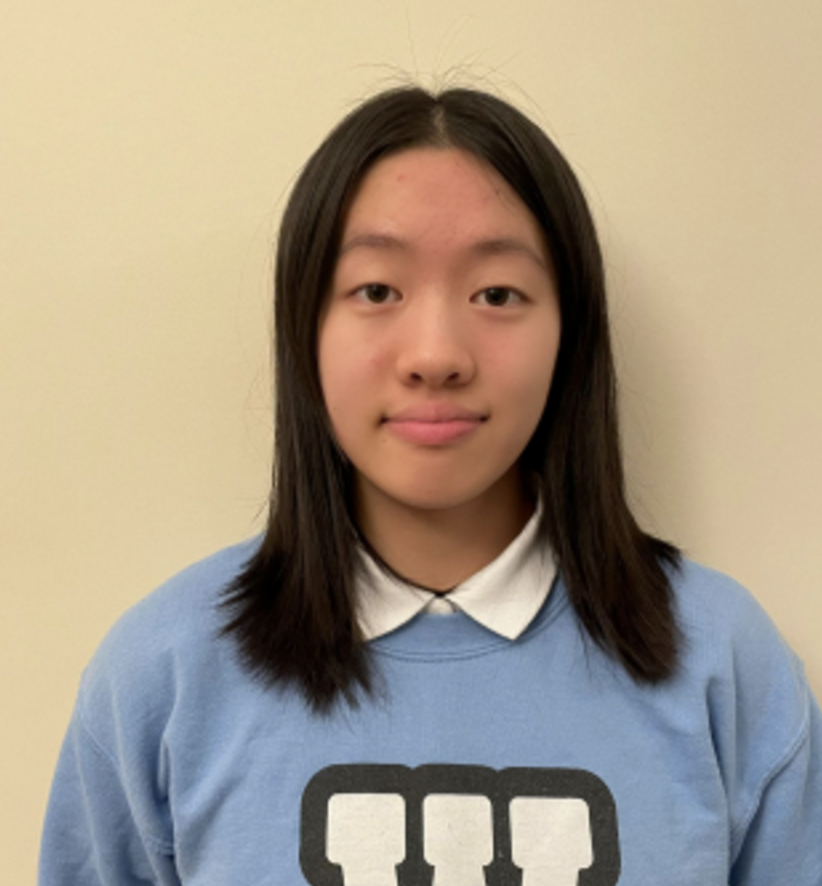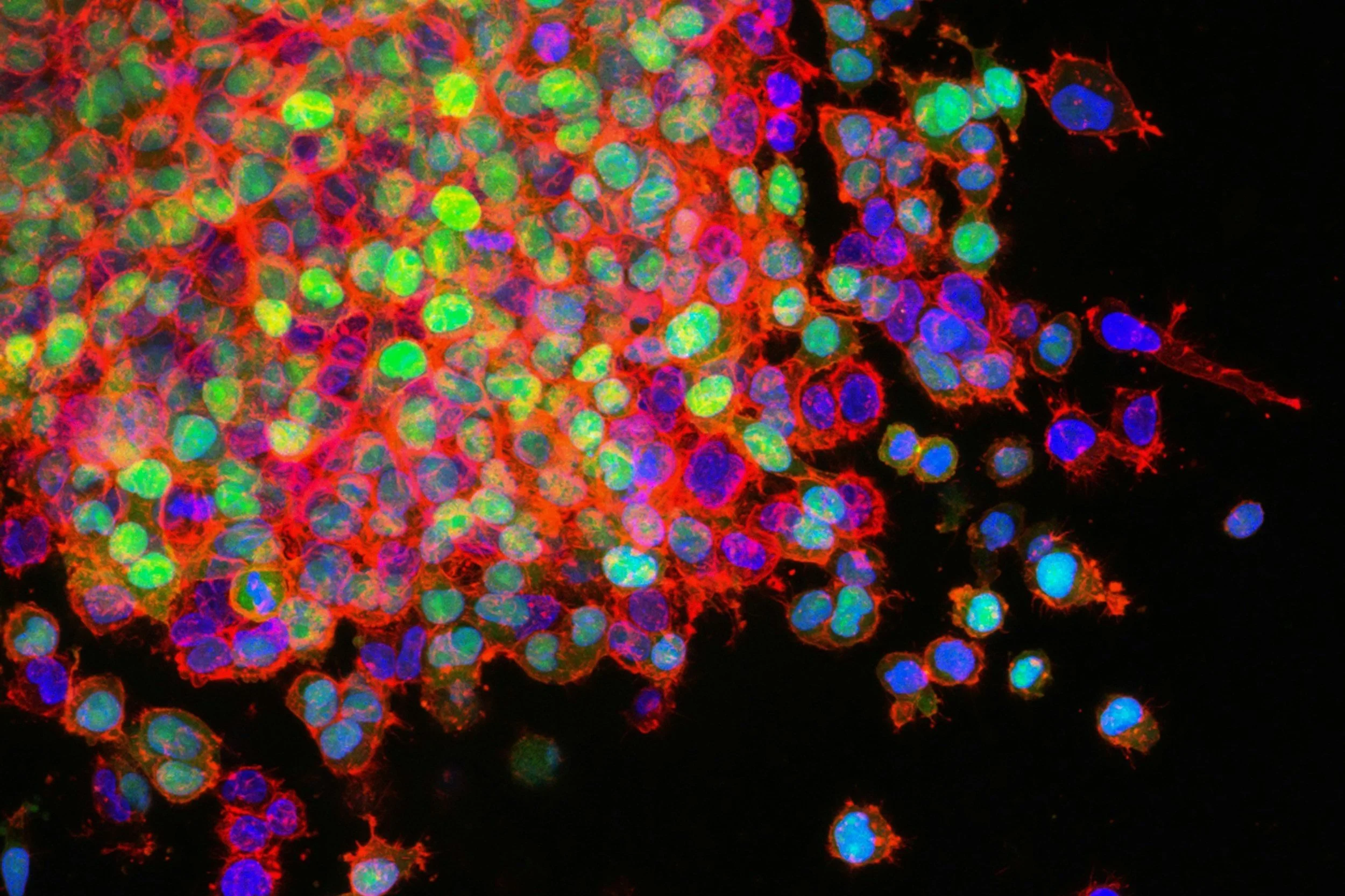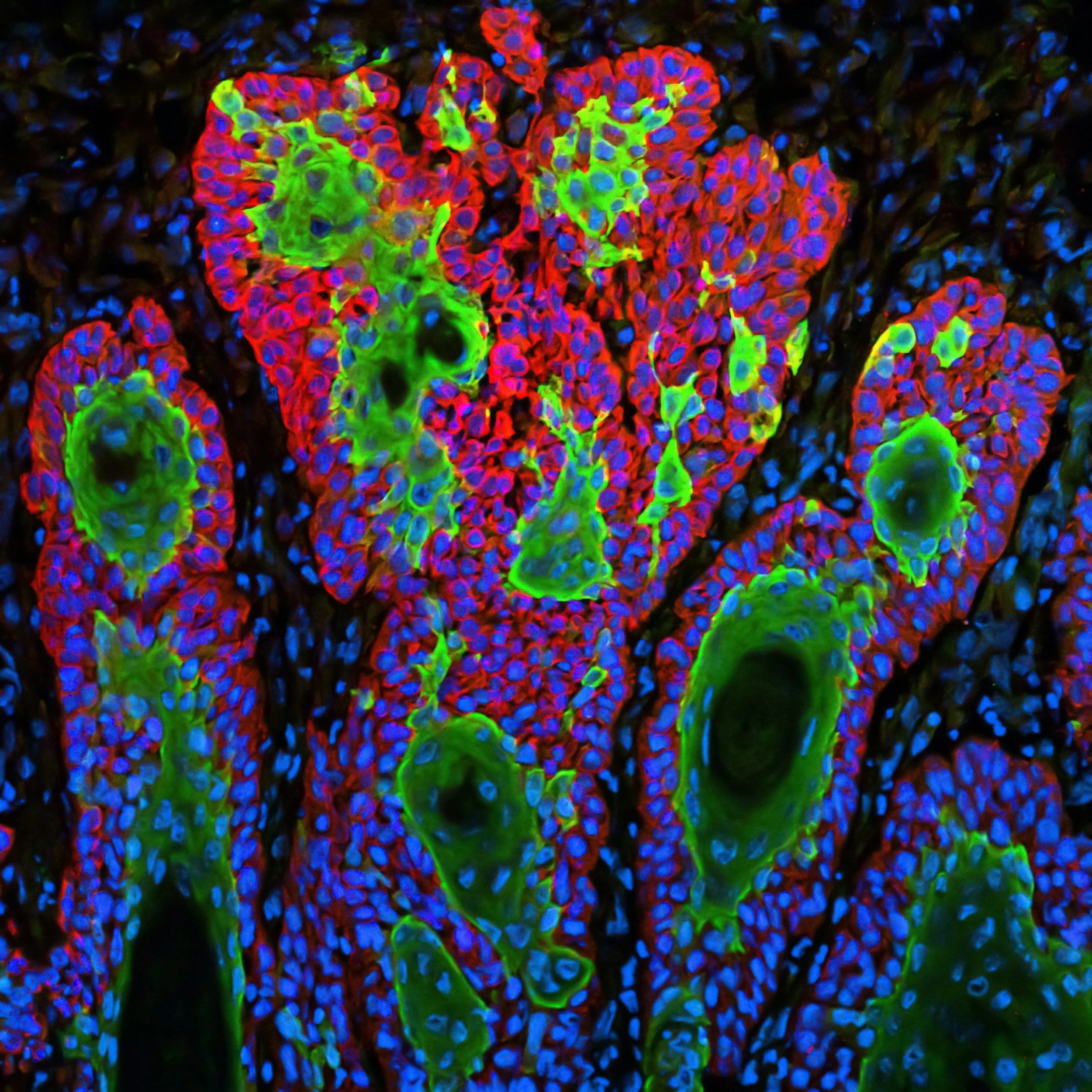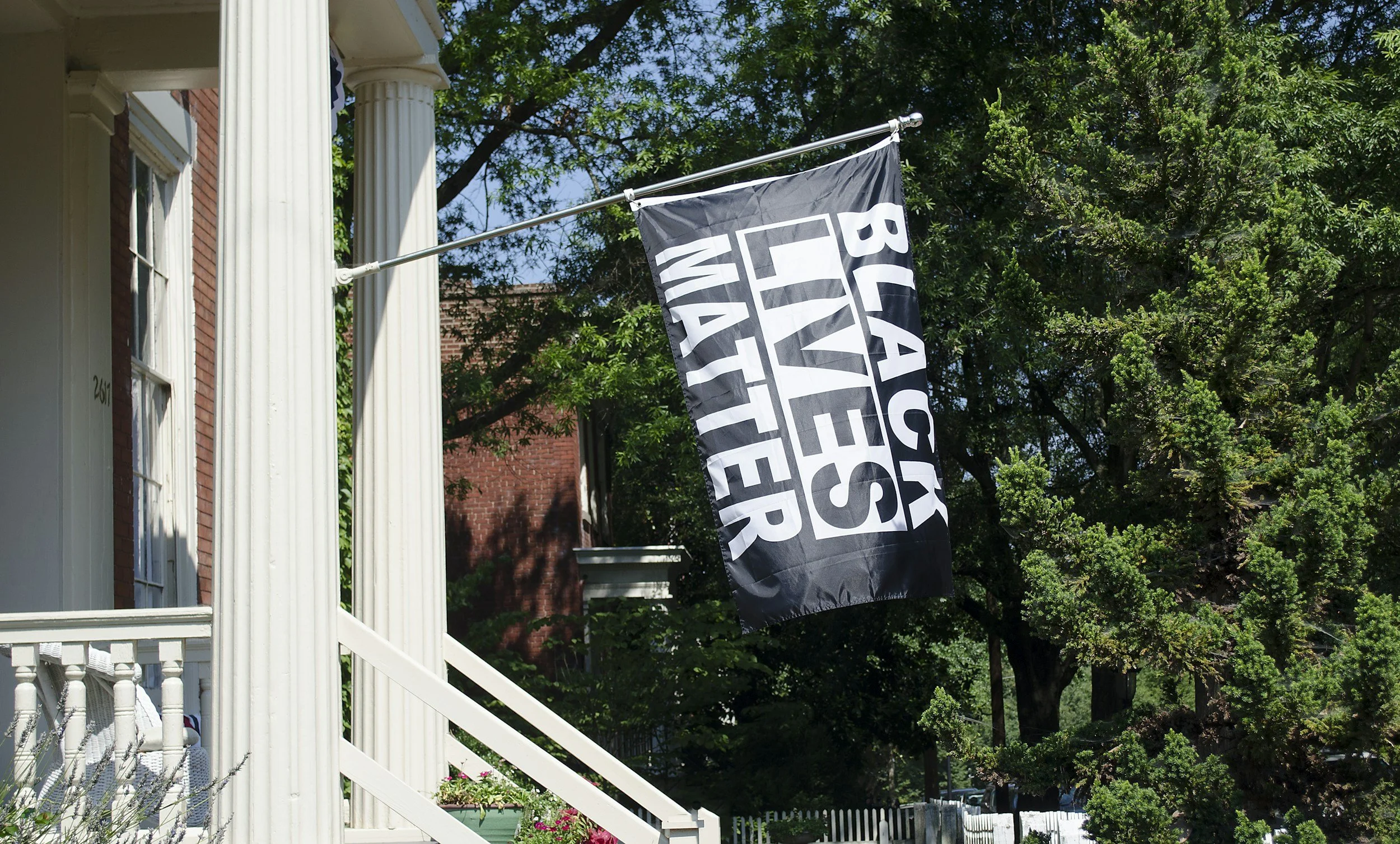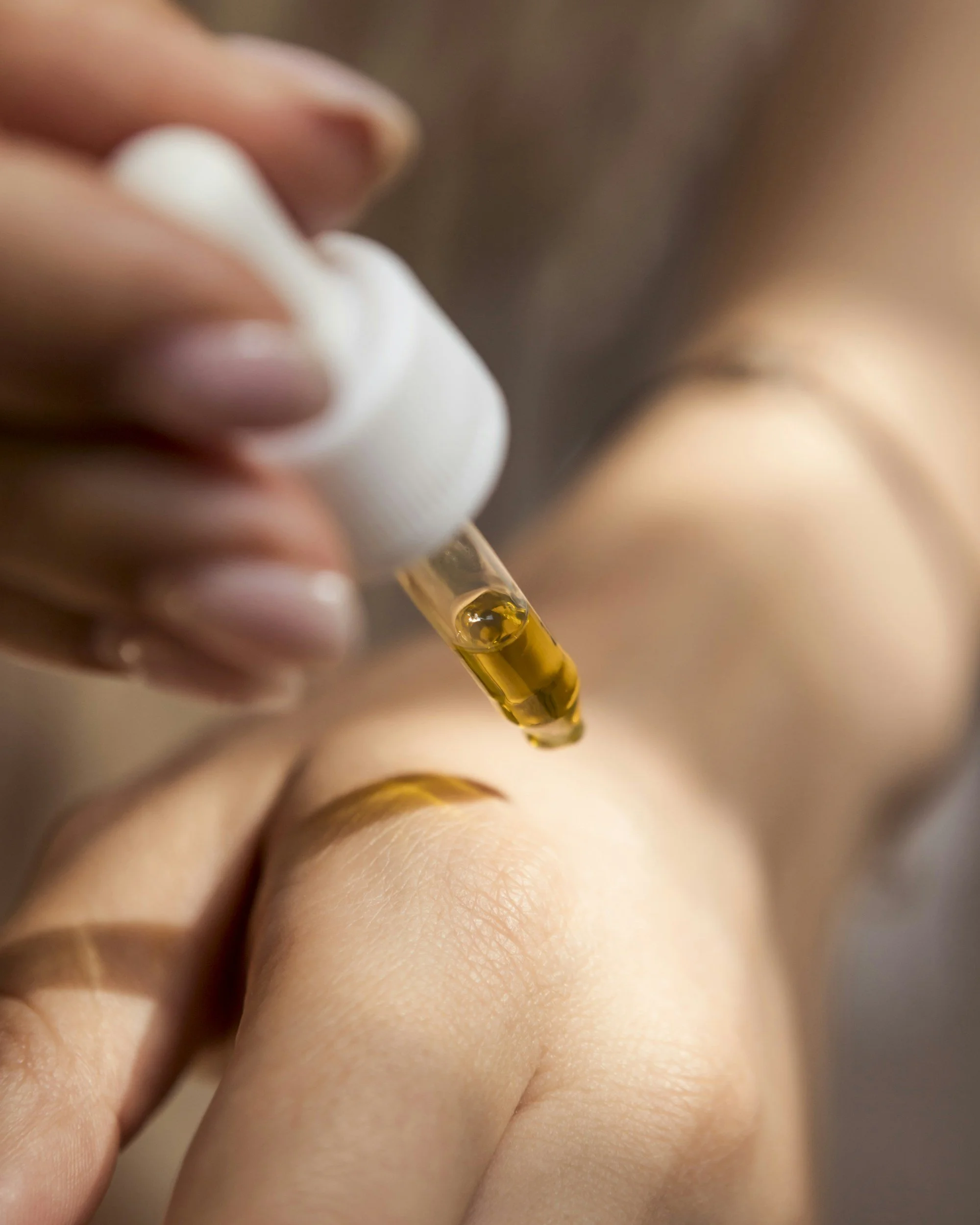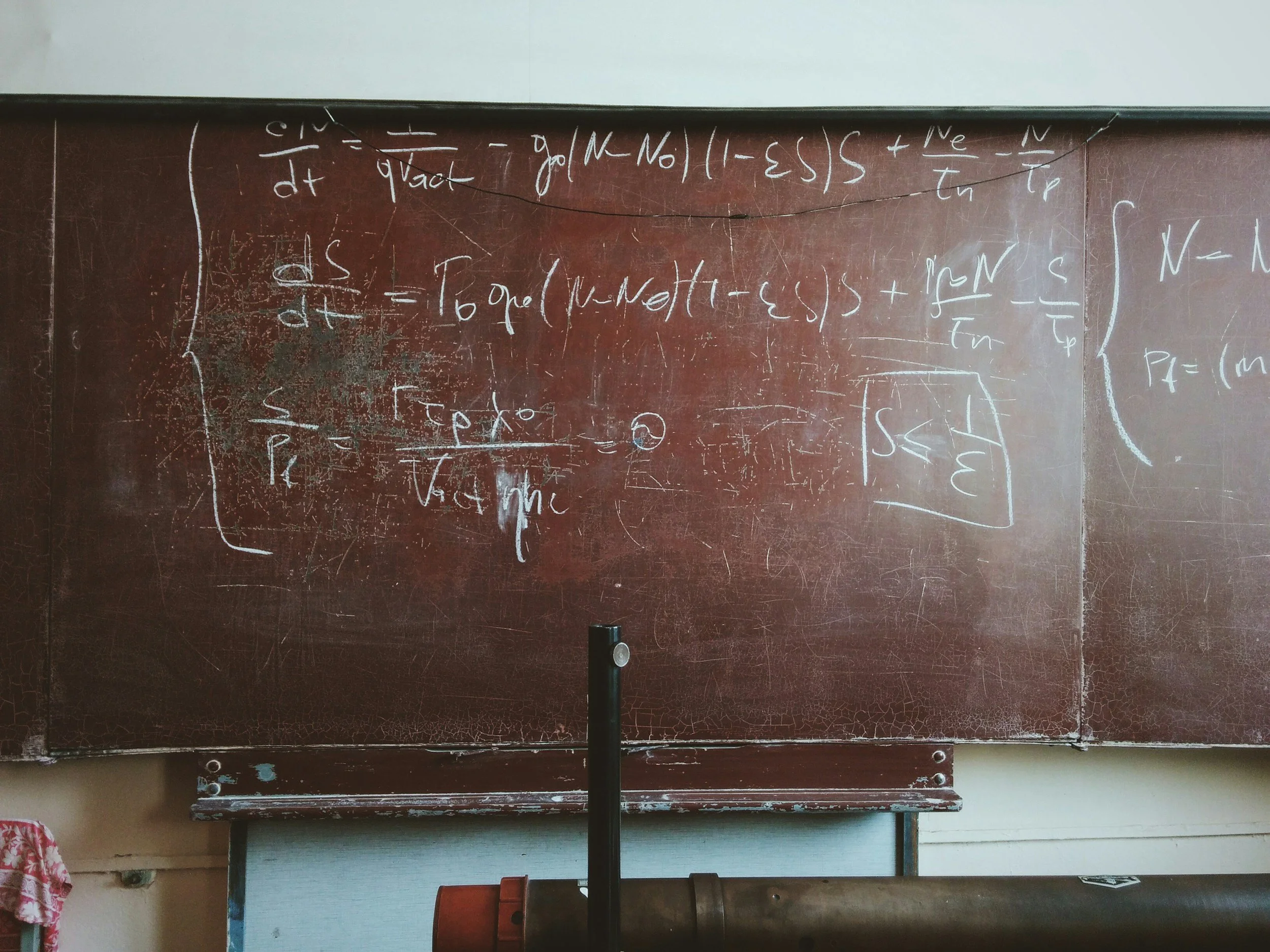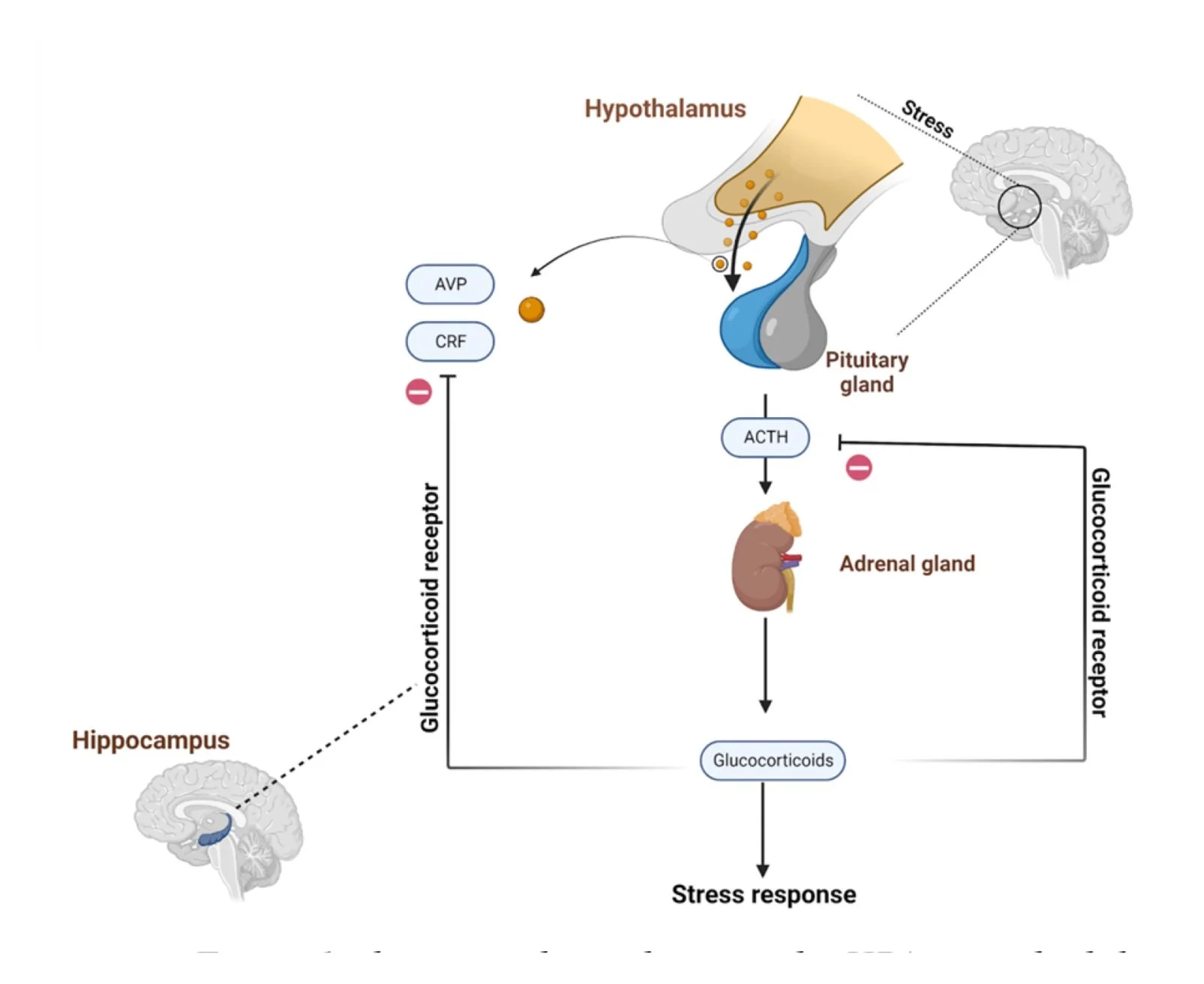Student Author SpotlightAnnouncing our Fall 2024 - Winter 2025 Student Spotlight
Journal
NPSQ
Issue
0001
Student
Amy B.
Grad Yr
2025
My name is Amy (she/her), I am a senior graduating in 2025, and I aim to advance the realm of global and public health through scientific and medical innovation. My review article focuses on the use of iron oxide nanoparticles and immune-enhancing agents, such as natural killer cell engagers and STING agonists, to attempt to develop a novel and innovative approach to cancer therapy.
Article title:
Conjugation of Theranostic Nanoparticles and Immune-Enhancing Agents to Improve Cancer Treatment
Abstract:
Cancer is currently a leading cause of death, killing millions of people worldwide, but has yet to have a definitive cure. Although therapies such as chemotherapy, immunotherapy, and radiation therapy are commonly used, such therapies incur numerous downsides, especially for the health of the patients themselves. Because of this, theranostics were invented to combine the most precise imaging with the most targeted treatment methods. However, theranostics still fail to treat many cancers, its use being limited by the rapid evolution of cancer cells. This paper proposes a novel theranostic that involves conjugating nanoparticles with immune-enhancing agents. The therapy consists of iron-oxide nanoparticles conjugated to natural killer (NK) cell engagers and STING agonists. This allows for the ability to target a variety of distinct cancer cells through the adaptive and innate immune systems. If successful, this treatment could impact the lives of countless patients, potentially saving the lives of those with advanced and aggressive cancer.
Student
Jessie K.
Grad Yr
2027
Journal
NFBMC
Issue
0001
I’m Jessie and I’ve completed a review paper that proposes the development of affordable UV-tolerant skincare for skin cancer prevention. I hope I can write more papers in the future and hopefully, this will lead to opportunities in the field of research.
Article title:
Developing Affordable UV-Tolerant Skincare for Skin Cancer Prevention
Abstract:
Millions of people suffer from skin cancer every year. Many of these people develop this disease due to self-inflicted damage through tanning, sunburn, or exposure to carcinogens. There is a clear need for products that provide an additional layer of protection or repair lesions after damage occurs. This review proposes a novel solution by examining the capabilities of organisms that are highly resistant to sun damage. Carotenoids are antioxidants which protect cells from UV damage and photolyase is a protein which directly reverses DNA damage. Overexpression of both can be induced in yeast, a simple organism that is easy to grow at home. Distribution of at-home sun kits containing this modified microorganism would strengthen currently available skincare products such as sunscreen or aloe vera. If effective, it could greatly benefit society by decreasing the rates of skin cancer in an affordable and accessible manner.
Featured High School Student Articles
